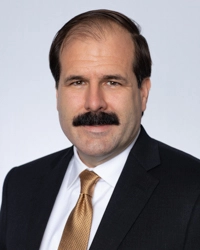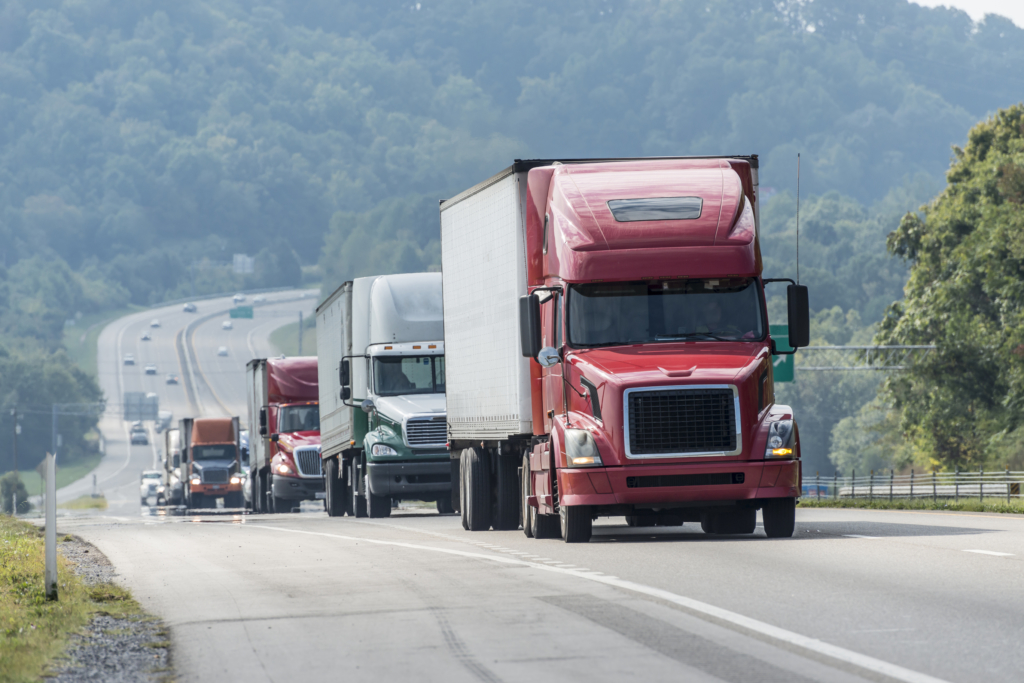A truck driver may be injured while hauling a load from Cripple Creek, Colo. to Lake Charles, Louisiana, or while driving down Bourbon Street; but the road to benefits may lead to California if they regularly work here.
A recent panel decision from the WCAB illustrates that only a few trips to California may be sufficient to award benefits in this jurisdiction and that applicant’s testimony alone may suffice to prove employment in California for workers compensation benefits.
By way of background, the touchstone statute for determining jurisdiction for out-of-state injuries is Labor Code section 3600.5(a). This statute provides benefits for an employee who has “been hired or is regularly working in the state” and is injured outside of California. In Burk v. Sarens International (2022 Cal. Work Comp. PD Lexis 195), the WCAB affirmed the trial judge’s finding of jurisdiction based solely on applicant’s testimony that he worked several weeks each year in California. The decision also provides an important summary of cases wherein California jurisdiction has been found in the trucking industry.
In Burk, the applicant was working in Jamaica in 2016 when he sustained an industrial injury to his back. Burk was a resident of Nebraska and his employment contract was made in Nebraska for work in Jamaica.
However, the applicant testified that he had worked in California at various times while employed by defendant, but had never resided in the state. The employer had several locations in California until 2016. Applicant would travel to California two to three times each year, work on the locations, and stay for two to four weeks.
Applicant’s testimony was the primary evidence, as his job book had been stolen. Defendant’s only witness was the employer’s regional counsel. Moreover, the employer could only produce pay records from 2018 and employment records, pay stubs, and timesheets for 2007-2016 were unavailable.
The trial judge found that California had jurisdiction over this claim, and the WCAB affirmed. The WCAB noted that “in addition to considering how much time an employee spent working in California, the Appeals Board often considered the benefit an employer received by having the employee work in California.” The board then discussed several cases wherein this standard had been applied and whether there was jurisdiction over the claim.
In Koleaseco, Inc. v. Workers’ Comp. Appeals Bd. (2007) 72 Cal. Comp. Cases 1302 (writ den.) the applicants were “regularly employed” in California under Labor Code 3600.5(a) because of the following factors:
(1) 80–85% of their runs were to California;
(2) they spent approximately three to four hours in California for every hour spent in Michigan (where the accident occurred); and
(3) they were returning from California at the time of the accident.
(See also Rocor Transportation v. Workers’ Comp. Appeals Bd. (Ransom) (2001) 66 Cal. Comp. Cases 1136 (writ den.) (jurisdiction found despite driving in California constituting only about 9% of applicant’s overall driving time); Rocor v. Workers’ Comp. Appeals Bd. (Hogan) (1999) 64 Cal. Comp. Cases 1117 (writ den.), (jurisdiction was found where the driver worked about 40% of his time in California, mostly by picking up items in California and delivering them out of state.); Dick Simon Trucking Co. v. Workers’ Comp. Appeals Bd. (Patti) (1999) 64 Cal. Comp. Cases 98, 99 (writ den.) (applicant spent 10% of his total mileage in California and approximately 15% of his total days in California, but his home terminal was in California and he spent more time in California than any other state.)
Similarly, when an applicant starts or end their trips in California, or their routes regularly involve picking up loads in a California facility, this may be sufficient to establish jurisdiction.
(See Dick Simon Trucking Co. v. Workers’ Comp. Appeals Bd. (Keller) (1998) 63 Cal. Comp. Cases 1527) (jurisdiction found where the majority of applicant’s trips originated in California, he lived in California near the employer’s facility, picked up the loads from that facility for trips around the country, and returned to the same facility for another trip); John Christner Trucking, Inc. v. Workers’ Comp. Appeals Bd. (1997) 62 Cal. Comp. Cases 979 (writ den) (Applicant started and ended many of his trips in California and had spent at least 32% of his time working in California).)
After this exegesis in jurisdictional law, the WCAB determined that Burk had shown, through his testimony alone, sufficient evidence of regular employment in California. The judge found applicant’s testimony credible and further found that the defendant’s evidence corroborated applicant’s testimony. The WCAB also noted that no timesheets, wage records, or paystubs contradicted the applicant’s testimony.
The Burk case is a good reminder of the need to offer a strong, compelling defense to trucking cases involving out-of-state injuries. The WCAB, as noted in its review of case law on the subject, confirmed that a small percentage of time spent in California, whether at an employer’s facility or not, may be sufficient to bring the applicant under the California workers compensation system.
But merely citing the percentage of time spent in California, even if small, will likely not be sufficient to defeat a claim. Rather, one needs compelling evidence, such as witness testimony and documentary evidence, at trial to prove that the contacts with California were incidental and did not significantly benefit the employer. Contrary to popular belief, facts do not speak for themselves, but instead need development and presentation at trial.
Michael P. Burns is a Partner at Bradford & Barthel’s San Jose location. Before joining B&B, Michael practiced civil litigation and employment law. If you have questions about workers’ compensation defense issues, feel free to contact Michael at mburns@bradfordbarthel.com or (408) 392-8202.
Viewing this website does not form an attorney/client relationship between you and Bradford & Barthel, LLP or any of its attorneys. This website is for informational purposes only and does not contain legal advice. Please do not act or refrain from acting based on anything you read on this site. This document is not a substitute for legal advice and may not address every factual scenario. If you have a legal question, we encourage you to contact your favorite Bradford & Barthel, LLP attorney to discuss the legal issues applicable to your unique case. No website is entirely secure, so please be cautious with information provided through the contact form or email. Do not assume confidentiality exists in anything you send through this website or email, until an attorney/client relationship is formed.



